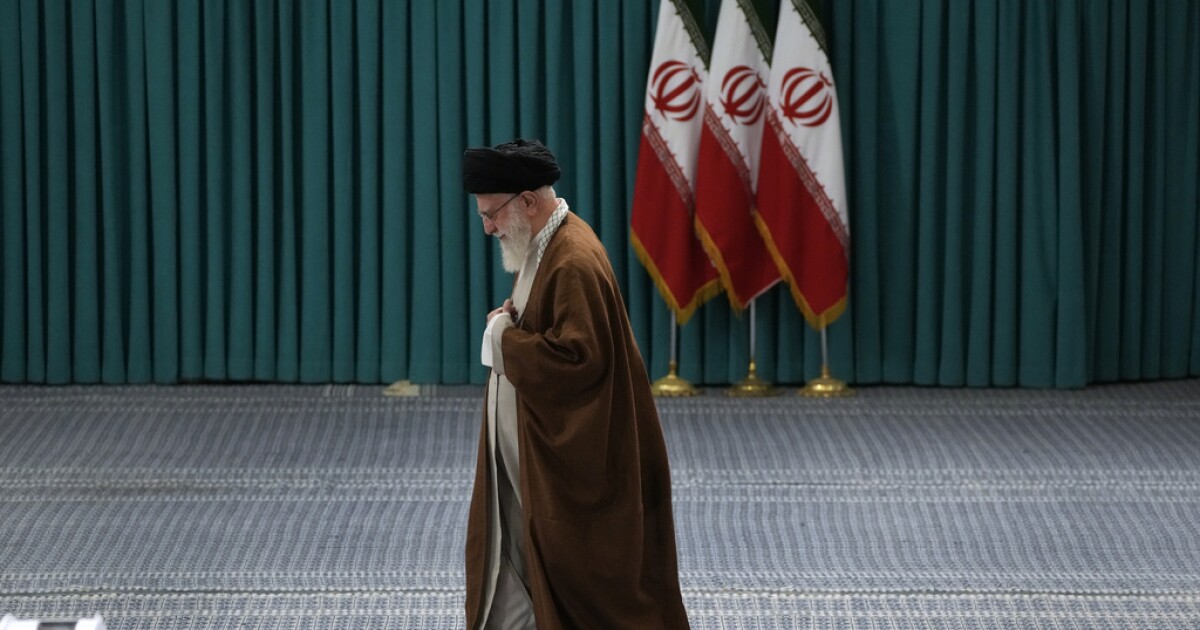Michigan Lawmakers Push for Constitutional Amendment on Voter ID and Citizenship Proof
In a move aimed at tightening voting regulations, Republican state legislators have unveiled a joint resolution to amend the Michigan Constitution. This proposal seeks to mandate proof of citizenship for voter registration and alter current voter ID laws.
Under the proposed changes, individuals registering to vote post-December 18, 2026, would need to confirm their U.S. citizenship. This could be done either through verification by the secretary of state’s office or by providing documentary evidence during the registration process. Additionally, proof of citizenship could be submitted to designated voter registration agencies or local clerks.
Beyond new registrants, the resolution mandates that the secretary of state maintain a “systematic process” to verify the citizenship status of all individuals in the statewide qualified voter file. Verification could be achieved using a driver’s license number, state ID, or the last four digits of the individual’s Social Security number.
Revisiting Photo ID Requirements
The initiative also seeks to modify existing photo ID requirements for voters. Presently, Michigan law allows voters to either present a photo ID or sign an affidavit to verify their identity if they lack an ID at the time of voting, with false affidavits constituting a felony.
However, the proposal eliminates the option of a signed affidavit as proof of identity. Instead, voters without an ID would be able to cast a provisional ballot, with the requirement to present a photo ID within six days after the election.
State Representative Gina Johnsen, a key sponsor of the resolution, emphasized the importance of enhancing photo ID requirements to prevent voting by non-citizens. “Almost everywhere you go, you have to sign in (and) show I.D. before you can conduct business in life,” Johnsen remarked, highlighting the need for security in electoral processes.
House Majority Floor Leader Bryan Posthumus, who introduced the resolution, cited broad support among Americans for photo ID requirements. He argued for closing any constitutional loopholes that might compromise election integrity, stating, “Whether there is widespread fraud or not, we should fix it.”
Rarity of Noncitizen Voter Fraud
Despite the proposed changes, evidence of noncitizen voter fraud remains scarce. According to the Michigan Department of State’s website, there is no substantial proof of widespread fraudulent voting by noncitizens. A 2017 study found an exceptionally low incidence of noncitizen voting in the 2016 general election.
Quentin Turner, executive director of Common Cause Michigan, expressed concerns that the resolution might inadvertently disenfranchise legal voters. He pointed to potential complications, such as the requirement for documents like birth certificates or passports, which might be inaccessible to some citizens.
“We’ve seen in other states that U.S. citizens have had their voter registration canceled, are put in doubt because of software issues, because of similar laws or because they’ve registered decades ago and they didn’t have to submit such personal information at the time,” Turner warned.
Resolution’s Path Forward
After introduction, the resolution was assigned to the Committee on Election Integrity, which will determine its course, including possible amendments. It must secure a two-thirds majority vote in both the state House and Senate to advance. If passed, it would then require a majority vote in a general election to be incorporated into the state constitution.
Notably, North Dakota was the first state to constitutionally ban noncitizen voting in 2018, a move since replicated by several states.
Should the resolution fail in the legislature, it could still be placed on the ballot if a petition gathers 446,198 signatures. The group Prove It, Michigan! is mobilizing efforts to launch such a petition, citing an incident involving a University of Michigan student charged with voting illegally in the 2024 election as underlining the importance of the resolution.
Federal law already prohibits noncitizens from voting in federal elections, with violators facing severe penalties. Michigan state law similarly restricts voting to U.S. citizens. For more details on voting in Michigan, visit the Michigan Voter Information Center.
—
Read More Michigan News










